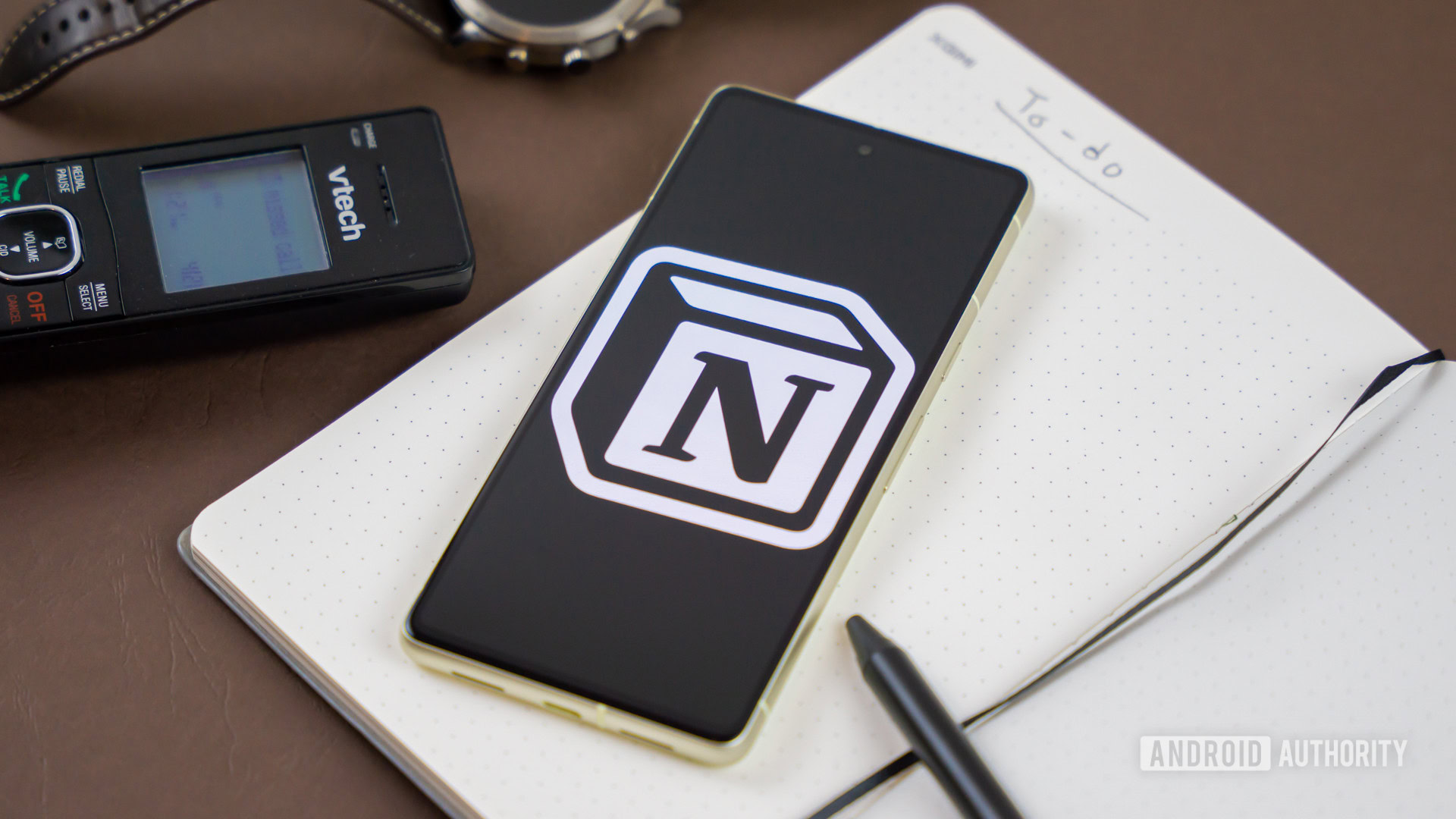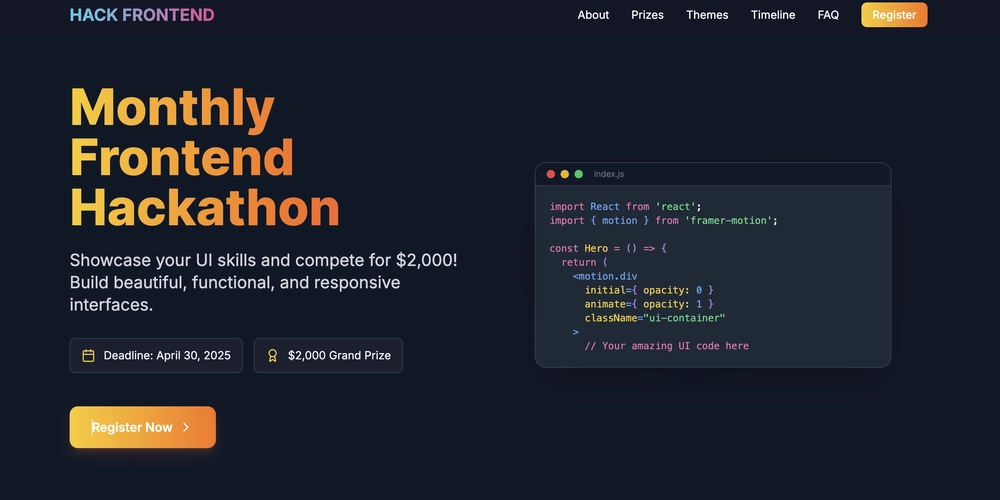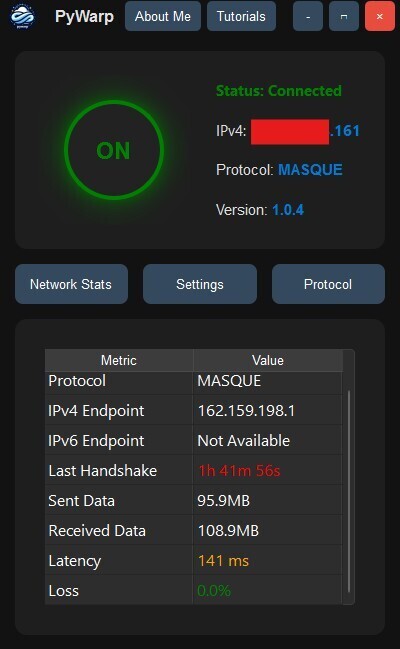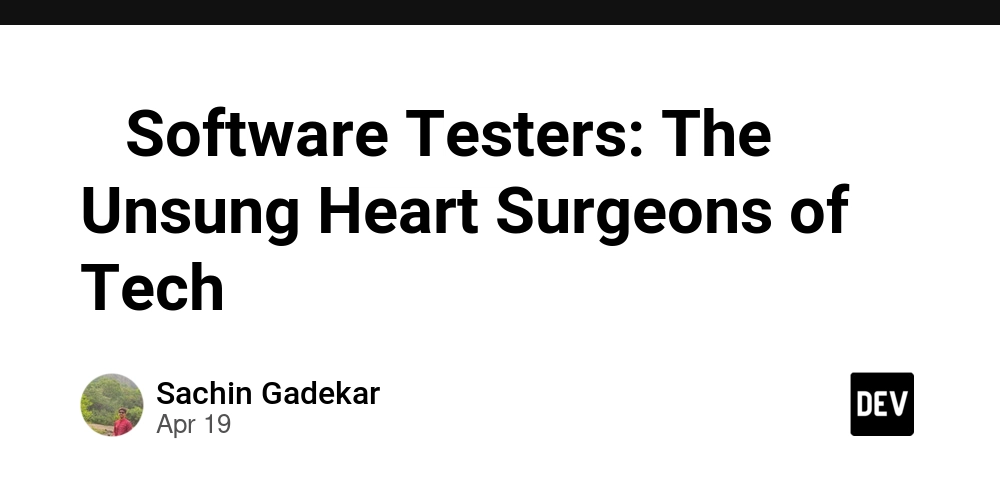Apache Roller Vulnerability Let Attackers Gain Unauthorized Access
A critical security vulnerability in Apache Roller has been discovered, allowing attackers to maintain unauthorized access to blog systems even after password changes. The vulnerability, CVE-2025-24859, has received the highest possible CVSS v4 score of 10, indicating severe risk to affected systems. The security flaw stems from a fundamental session management issue in Apache Roller […] The post Apache Roller Vulnerability Let Attackers Gain Unauthorized Access appeared first on Cyber Security News.

A critical security vulnerability in Apache Roller has been discovered, allowing attackers to maintain unauthorized access to blog systems even after password changes.
The vulnerability, CVE-2025-24859, has received the highest possible CVSS v4 score of 10, indicating severe risk to affected systems.
The security flaw stems from a fundamental session management issue in Apache Roller versions 1.0.0 through 6.1.4.
When users or administrators change account passwords, the system fails to invalidate existing active sessions as it should. This critical oversight means that all pre-existing sessions remain fully functional even after credential changes.
“A session management vulnerability exists in Apache Roller before version 6.1.5 where active user sessions are not properly invalidated after password changes,” reads the advisory.
Apache Roller Vulnerability
“This allows continued access to the application through old sessions even after password changes, potentially enabling unauthorized access if credentials were compromised.”
Security researcher Haining Meng discovered the vulnerability, which has been confirmed to affect all Apache Roller installations that haven’t been updated to the latest version.
The implications are particularly concerning for organizational blog deployments where compromised credentials are a common first response trigger.
The summary of the vulnerability is given below:
Risk Factors Details Affected Products Apache Roller 1.0.0 < 6.1.5 Impact Unauthorized access via active sessions after password changes; session hijack risk; confidentiality, integrity, and availability all at high risk. Exploit Prerequisites Access to a valid session prior to a password change; no user interaction required; low attack complexity. CVSS 3.1 Score 10.0 (Critical)
The vulnerability creates a scenario where standard security practices become ineffective.
When credentials are suspected of being compromised, the immediate response is typically to change passwords – but with this flaw, attackers who have already established sessions can continue operating within the system unimpeded.
The technical issue involves the absence of centralized session management that properly tracks and terminates active sessions upon credential changes.
Instead, the affected versions maintain independent session states that aren’t properly synchronized with authentication changes.
Apache Roller, a Java-based blogging platform that runs as a web application on Java EE servers, is widely used for both personal blogs and enterprise-level publishing systems.
Its multi-user functionality makes it popular for organizational deployments, potentially magnifying the impact of this vulnerability. The Apache Software Foundation has addressed the vulnerability in Apache Roller 6.1.5, released concurrently with the disclosure.
The patched version implements proper centralized session management that ensures all active sessions are immediately terminated when passwords are changed or user accounts are disabled.
Users of Apache Roller are strongly advised to update to version 6.1.5 as soon as possible to mitigate this security risk.
For organizations unable to update immediately, security experts recommend implementing additional layers of protection:
- Closely monitor all session activity through application logs
- Implement network-level controls to restrict access to Roller instances
- Consider temporarily disabling affected systems if they contain sensitive information
This isn’t the first security issue affecting Apache Roller. Previous vulnerabilities include a remote code execution flaw through OGNL injection (CVE-2013-4212) in versions prior to 5.0.2 and an XML External Entity Injection vulnerability (CVE-2014-0030) allowing file disclosure in version 5.0.3.
Administrators are urged to prioritize this update due to the critical nature of the vulnerability and the ease with which it could be exploited by attackers with initial access to the system.
Find this News Interesting! Follow us on Google News, LinkedIn, & X to Get Instant Updates!
The post Apache Roller Vulnerability Let Attackers Gain Unauthorized Access appeared first on Cyber Security News.



































































![Apple Watch Series 10 Back On Sale for $299! [Lowest Price Ever]](https://www.iclarified.com/images/news/96657/96657/96657-640.jpg)
![Apple Slips to Fifth in China's Smartphone Market with 9% Decline [Report]](https://www.iclarified.com/images/news/97065/97065/97065-640.jpg)
![EU Postpones Apple App Store Fines Amid Tariff Negotiations [Report]](https://www.iclarified.com/images/news/97068/97068/97068-640.jpg)














![What’s new in Android’s April 2025 Google System Updates [U: 4/18]](https://i0.wp.com/9to5google.com/wp-content/uploads/sites/4/2025/01/google-play-services-3.jpg?resize=1200%2C628&quality=82&strip=all&ssl=1)



























































































_Andreas_Prott_Alamy.jpg?width=1280&auto=webp&quality=80&disable=upscale#)





















































































![[The AI Show Episode 144]: ChatGPT’s New Memory, Shopify CEO’s Leaked “AI First” Memo, Google Cloud Next Releases, o3 and o4-mini Coming Soon & Llama 4’s Rocky Launch](https://www.marketingaiinstitute.com/hubfs/ep%20144%20cover.png)












































































































































![[FREE EBOOKS] Machine Learning Hero, AI-Assisted Programming for Web and Machine Learning & Four More Best Selling Titles](https://www.javacodegeeks.com/wp-content/uploads/2012/12/jcg-logo.jpg)






























































































